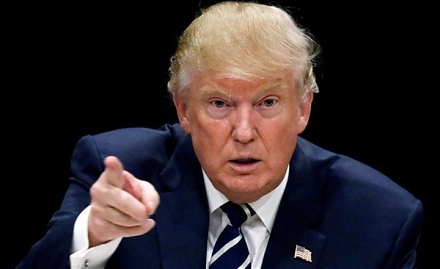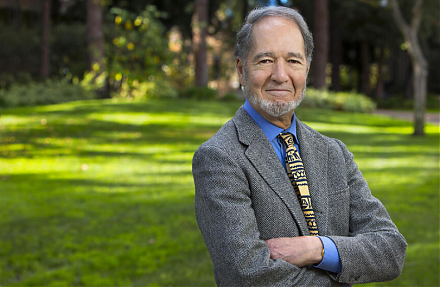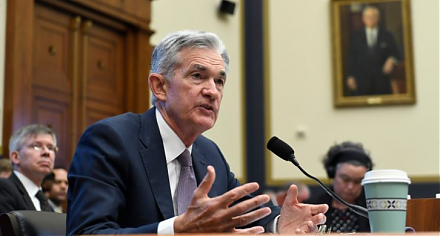

2018-12-03 10:40:00 Mon ET
federal reserve monetary policy treasury dollar employment inflation interest rate exchange rate macrofinance recession systemic risk economic growth central bank fomc greenback forward guidance euro capital global financial cycle credit cycle yield curve
Bank of England publishes its latest insights into the economic impact of Brexit on British real productivity, capital investment, and labor supply as of 2018Q4. With a cautious tone, the U.K. central bank suggests that its future interest rate decisions would depend on the trade terms of the U.K. departure from the European Union. With Brexit, economic policy uncertainty weighs on U.K. productivity and economic growth, and future lower immigration may adversely affect British labor supply and real macro performance.
Brexit imposes financial constraints on both capital investment and labor supply that may reinforce the current economic slowdown in the U.K. in light of the neutral interest rate at which the British economy grows without much inflationary pressure. Bank of England Governor Mark Carney acknowledges the brutal fact that Britain is not fully prepared for a cliff-edge Brexit. Carney predicts that the U.K. economy may shrink by 8% in mid-2019 in the worse-case scenario where Britain leaves the European Union free trade bloc with no deal and no transition period to smooth the arcane process. When push comes to shove, the law of inadvertent consequences counsels caution.
If any of our AYA Analytica financial health memos (FHM), blog posts, ebooks, newsletters, and notifications etc, or any other form of online content curation, involves potential copyright concerns, please feel free to contact us at service@ayafintech.network so that we can remove relevant content in response to any such request within a reasonable time frame.
2018-01-10 08:40:00 Wednesday ET

President Trump considers imposing retaliatory economic sanctions on Chinese products and services in direct response to China's theft and infringement
2020-09-24 10:26:00 Thursday ET

Edge strategies help business leaders improve core products and services in a more cost-effective and less risky way. Alan Lewis and Dan McKone (2016)
2022-03-25 09:34:00 Friday ET

Corporate cash management The empirical corporate finance literature suggests four primary motives for firms to hold cash. These motives include the tra
2023-08-28 08:26:00 Monday ET

Jared Diamond delves into how some societies fail, succeed, and revive in global human history. Jared Diamond (2004) Collapse: how societies
2019-10-07 12:35:00 Monday ET

Federal Reserve reduces the interest rate by another key quarter point to the target range of 1.75%-2% in September 2019. In accordance with the Federal Res
2019-08-20 07:33:00 Tuesday ET

The recent British pound depreciation is a big Brexit barometer. Britain appoints former London mayor and Foreign Secretary Boris Johnson as the prime minis